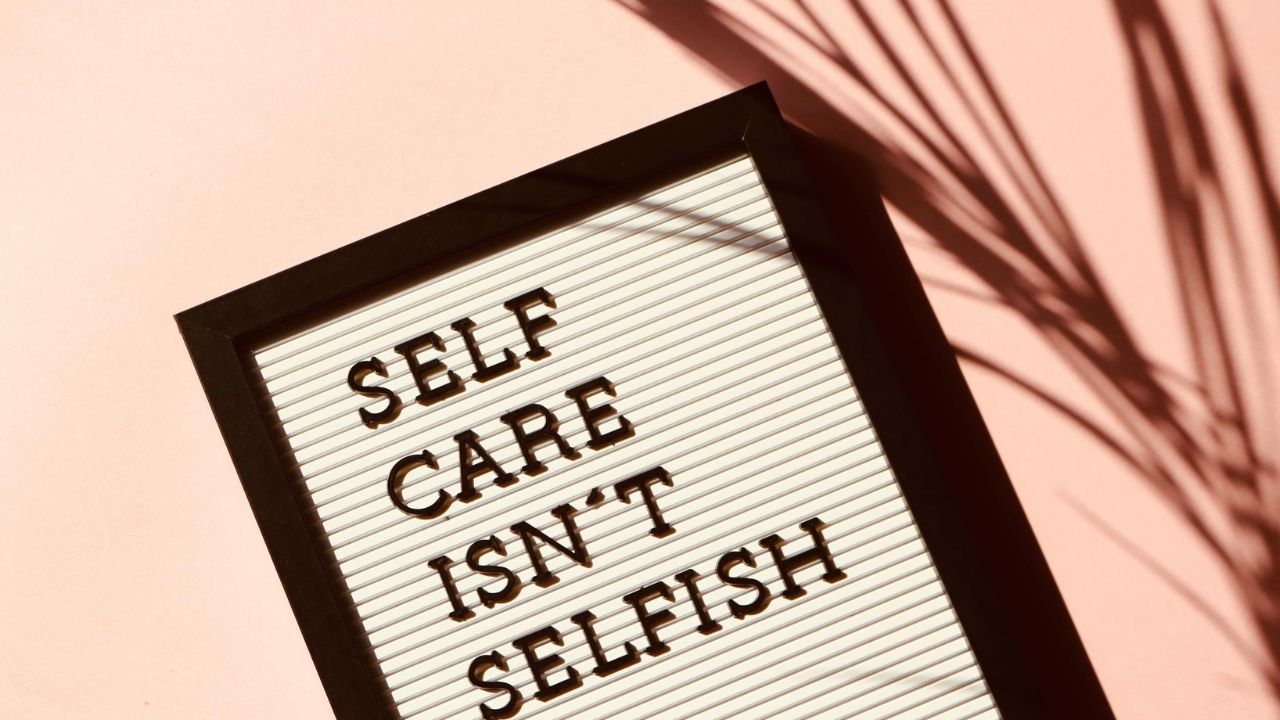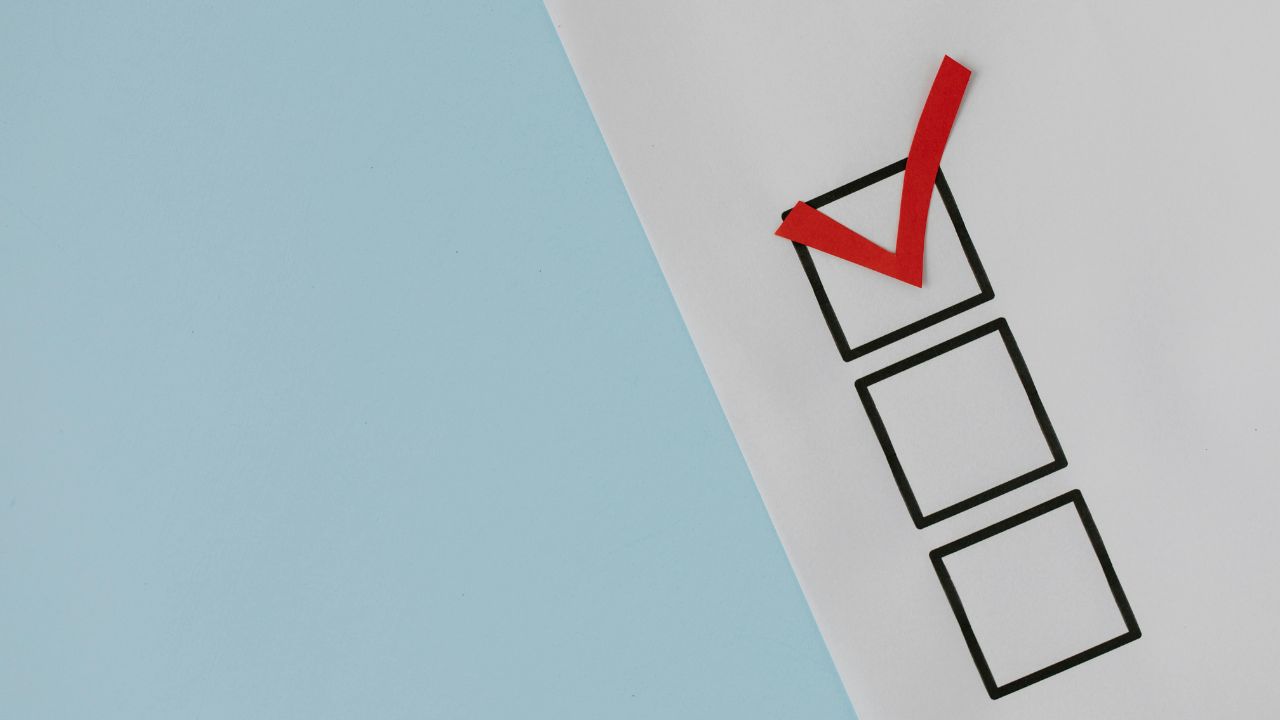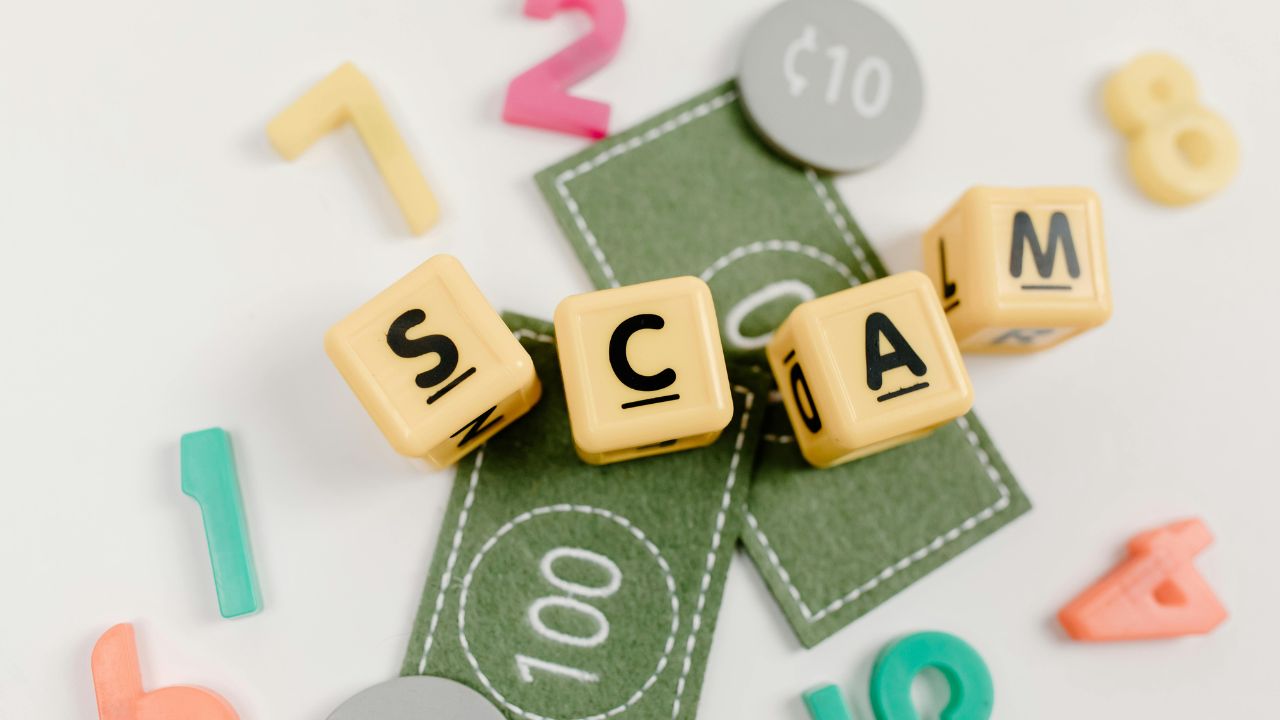According to the Department of Labor, going through a layoff is one of the most traumatic experiences you can go through in your life: personal and professional. Layoffs can impact your mental and physical health.
As a result of being laid off, it should come as no surprise that you have some residual anxiety. I remember when I went through my first (of three) major layoffs; every job I worked after that came with a tinge of fear—asking my bosses if I should be worried, constantly striving to do my best, and being extremely hurtful to myself when I didn’t perform. So much of my past layoff stuck with me through the interview process while working at my new job, and it shot up towards the end of my last job.
Almost 50% of Working Americans Experience Post-Layoff Anxiety

The first layoff I went through crushed me. It wasn’t expected, and it happened via a 30-second Zoom call. We were gathered to a random Friday morning meeting as a group, muted on our video call, and the CEO let us go and hung up. We all spent the day just trying to process what had just happened, which surprised us in the worst way.
I got another job about six months later with one of the men I used to work with at the previous one. I was laid off once I created their content strategy and had a backlog of content. They cried as they told me, but it didn’t make it any easier. At the time of the layoff, I was on a work trip in Florida and had just paid out of pocket to book my Airbnb. That money was never paid back, and I was unemployed once again.
Three or so months after that, I accepted a new position. The work was easier than what I had been doing, and the pay was $8k less, but at that point, I was so desperate to have a full-time job. That position lasted about a year, and I was anxious I would lose my position throughout my entire time there. Panicked on the daily, I would constantly ask my coworkers if I was doing okay. Eventually, the startup I worked for also went through several layoffs, and my position was impacted. They had changed the structure of what I was doing about two weeks before the layoff, and I felt it coming before it happened.
I had lost my income and stability for the third time in a few years. This time, I was stronger. I went through the motions of unemployment (I didn’t get it), job applications, scams, savings account depleting, taking out my 401k, and food stamps. I’m still struggling to get my head above water, and every day can (and often does) feel like a battle. However, I am living in an era where I’m extremely happy, and I think it’s because I work to be satisfied no matter what is going on around me.
The biggest thing? Exercising self care.
The Do’s & Don’t’s
DO: Give yourself some time.
When we go through a layoff, we often want to immediately jump into job applications and expect to have interviews flying our way within days. This is not the case most of the time, and it can wreak havoc on our mental health. Instead, give yourself some time to grieve and process the loss of what you’ve just lived through. Most of self care is giving yourself time and grace.
DON’T: Spend too much time wallowing.
On the flip side, don’t succumb to the bed rot. The more you allow yourself to sulk and live in those negative feelings, the more depression you manifest. Allow yourself time to heal, and then get to work.

DO: Make a list.
Make a list of everything you need to do. This will clear out some space in your brain and give you something to check off as you move along. Unemployment application? Check. Job research? Check. Self care routine? Hopefully, check.
DON’T: Avoid getting things done.
If you start putting off all the things you need to do, you won’t end up doing them. You need to get your unemployment application out, do your job applications, and do whatever leftover paperwork needs to be handled. Yes, it’s stressful and can trigger uncomfortable feelings. Sometimes sitting with discomfort can be its own form of self care.

DO: Get organized.
Planning is a good way to set yourself on the right track. Take your list of things you need to do and cross-reference it with your desired list. What kind of job are you looking for? How can you consolidate your savings? What is your financial plan for getting through this? Do you have a severance? Write down everything you need to know moving forward.
DON’T: Panic.
This situation sucks, and you know it sucks. We know it sucks. However, you can, and you will get through this. Don’t let yourself fall into panic spirals because it ends up being a waste of time. Trust and know that you are a talented professional and will get a job. Giving into the negativity will only make you feel unmotivated towards finding a new position, and you cannot exercise self care when all you’re allowing yourself to feel is anguish.

DO: Make a spreadsheet.
My unemployment Gsheet is my most significant lifesaver. I have a tab where I detail my income/finances and update it to see how much I have. The second tab is for money I owe anyone who helped me during this time. My third tab is my job search tab, where I’ve provided details about where I’ve applied, the status of my application, and any other details needed. My last tab is where I put all those jobs into categories, whether I’ve interviewed or not. Staying organized like this helps a lot with keeping track of the who and what.
DON’T: Be afraid to seek help.
One thing I struggled with for a long time was asking for help. Even posting on LinkedIn about looking for work scared me. Sometimes, it still does. Asking for help from your network, friends, family, or connections is okay. Networking is the primary way we land jobs, and you never know who might be looking to hire your exact skillset. Beyond that, my therapist has been one of the biggest reasons I have kept pushing, and I highly recommend therapy for anyone who is struggling with self care or their mental health.
Moving Forward

I still have days where I lose hope, feel down, or like I may never be good enough for the career or job I want. I let myself have them, and I let myself feel those down feelings. They’re valid. It’s valid to feel down, but that doesn’t mean it’s true. My biggest piece of advice for job seekers after a layoff is to hold on to hope. Don’t lose sight of what you want, and trust that you are talented and capable. Spend time thinking about what you want your life to look like, and make moves towards that direction.




